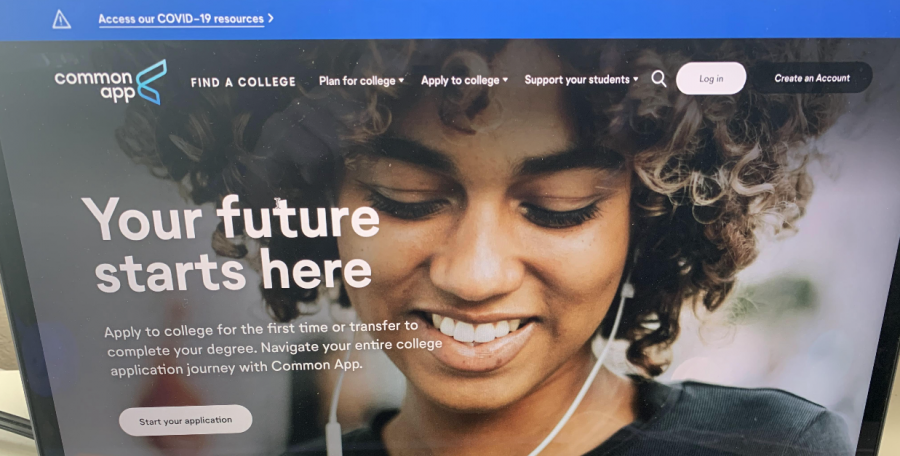Common App drops high school discipline reporting because of racial inequities
October 29, 2020
In a new move to address racial inequalities within our society, the Common Application has chosen to remove the discipline question from the common portion of the questionnaire.
This question had previously been required for all applicants utilizing the common App, but it will soon be phased out of the application for those applying during the 2021-2022 school year.
“ I think it’s really good that the Common App is getting rid of the discipline question, I feel that a lot of people make mistakes during high school, and they shouldn’t be judged for a mistake they made when they were younger,” said Josh Freeman (‘21).
Behind this new augmentation of the Common Application was a highly cited study which highlighted the disproportionate discipline rates for African American girls.
While statistically, African American boys have been more likely to be suspended, expelled, and arrested, the recent study highlighted the same disproportionate effect was also prevalent among African American Girls.
According to a New York Times analysis of data collected by the Education Department, African American girls were 5 times more likely than their white counterparts to be suspended, seven times more likely to receive multiple out-of-school suspensions, and three times more likely to receive referrals to law enforcement.
Accompanying this data, is the negative effects of discipline upon rates of application to institutions of higher education.
In a study of the Common Application’s application data, it was revealed that there was an inverse correlation between the rates of application submission and those answering “yes” to the discipline question.
Specifically, those answering “yes” had a 10 percent lower rate of application submission compared to those answering “no”.
Further highlighting the racial inequalities of the discipline question was a data collection on seven thousand students who disclosed their disciplinary record and did not submit their college application.
It was revealed that of those who disclosed their disciplinary history and did not submit an application, thirty one percent were African American despite representing only eleven percent of all applicants.
“I feel like with everything going on right now, with people paying attention to systemic racism, I think it is important that the common App is trying to help do something about the inequalities,” said Nate Cohn (‘21).
The Common Application seeking to address such inequalities released a statement behind its change to the process of applying to college.
“It’s time to evolve the application. Eliminating disciplinary reporting requirements is a necessary step to creating a more equitable admissions process- and, in turn, a more just economy.”
As our world seeks to further address the issues of racial inequalities in our society, the Common Application has taken a step closer in ensuring that the effects of such inequalities will not be a factor in the college application process.





